
ENDO 2023. The pattern of intermittent fasting improved glycemic measures in a weight-independent fashion after just 7 days, according to the study abstract.

ENDO 2023. The pattern of intermittent fasting improved glycemic measures in a weight-independent fashion after just 7 days, according to the study abstract.
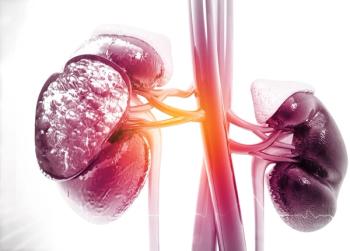
Finerenone was associated with a decrease in composite CV risk in patients with CKD, T2D, eGFR of ≥25, and moderately to severely increased albuminuria.

Nearly half of responding medical professionals said patients without T2D have asked for an Ozempic Rx and about 18% of them have provided one, avoiding significant backlash for a denial.

Your daily dose of clinical news you may have missed.

Patients with diabetes had a 35% higher risk of COPD compared with those without diabetes, according to new research.
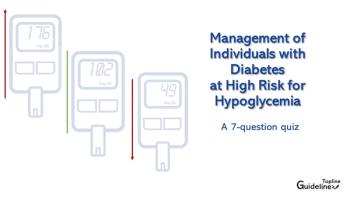
Try this 7-question quiz on the 2023 guidelines from The Endocrine Society that focus on advances in diabetes treatment that help minimize risk of hypoglycemia.
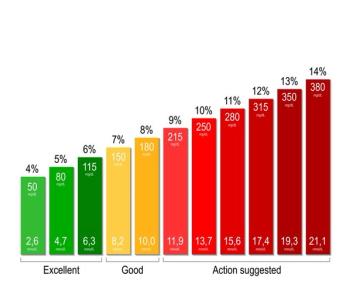
Mean time in range increased by ~10% and time above range decreased by 8.1% in study participants taking as few as a single antihyperglycemic medication.
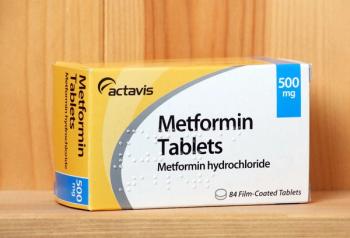
More research is needed to determine whether metformin is also effective in patients with lower body mass index or with previous infection, said researchers.

FDA fast tracks triple-threat antithrombotic, dangers of faux semaglutide online, a guide to neurologic sequelae of COVID-19, plus 2 more reviews of note.

Eden Miller, DO, reviews the impact the BGM and diabetes management apps have on the patient, giving clinicians a better ability to personalize treatment and empower the patient.

Experts discuss how the amount of time a patient spends engaging with the BGM and diabetes apps will contribute to managing their diabetes.
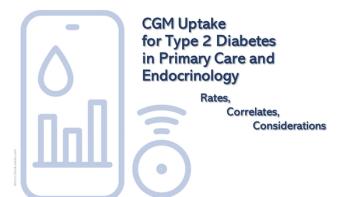
Prescriptions for continuous glucose monitoring for patients with T2D are increasing, a new study finds, and the authors report on characteristics of new CGM users.
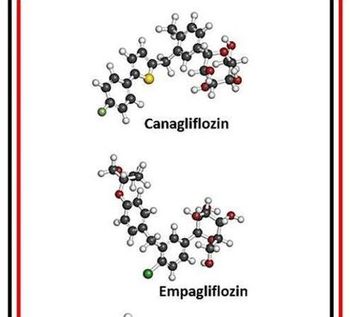
Reduced risk for 10 different cancers was reported among patients with diabetes treated with SGLT2 inhibitors compared with those not treated.

Your daily dose of clinical news you may have missed.

Results also showed that prediabetes is associated with dementia risk but this risk was explained by the subsequent development of diabetes.
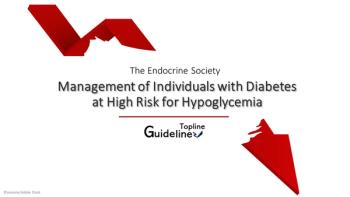
The Endocrine Society's first update on management of hypoglycemia since 2009 emphasizes the value of new technology and therapeutics in minimizing risk.

Compounded versions of semaglutide, often sold online, may contain salt versions of the molecule and are not evaluated by the FDA for safety or efficacy.

The world's first RSV vaccine and the virus surveillance that is missing, PCPs missing opportunities to treat obesity, T2D linked to subclinical CVD, and more news.

After an acute myocardial infarction, adults with diabetes were over 50% more likely to die after 1 year than those without diabetes, a new study shows.

Your daily dose of clinical news you may have missed.

As indicated by levels of 2 common biomarkers of cardiac injury, 33.4% of US adults with T2D showed evidence of undetected CVD vs only 16.1% of those without T2D.

Your daily dose of clinical news you may have missed.

New study found that patients living in urban areas were more likely to meet all aspects of key metrics of diabetes care.

Your daily dose of clinical news you may have missed.

The label expansion is based on findings from the pivotal phase 3 DELIVER trial in which dapagliflozin reduced the composite CV/HF endpoint in HF patients with HFmrEF or HFpEF.